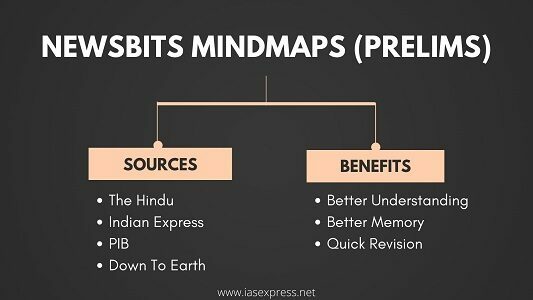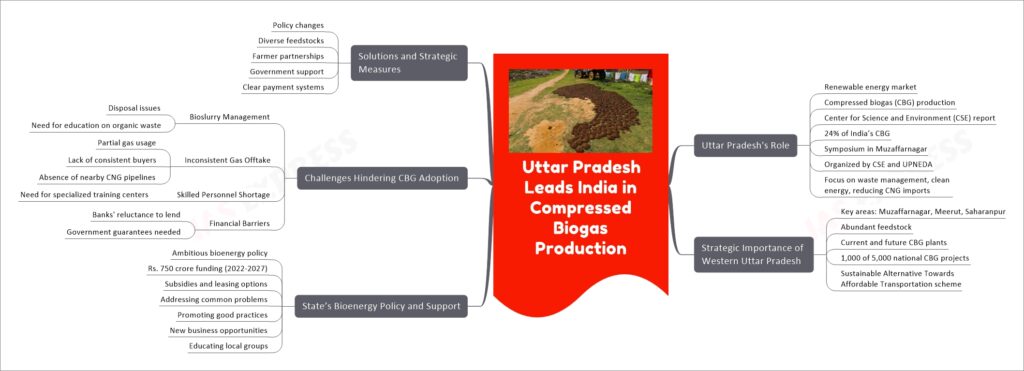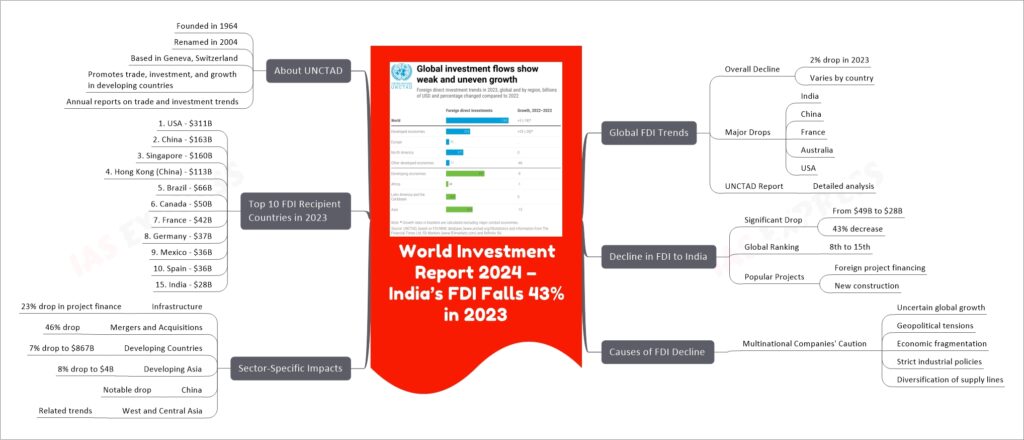[Newsbits] 25.06-1.07.2024: CriticGPT, Snowblind Malware. & More


On June 24, 2024, the Kerala Assembly passed a resolution to change the state’s name from “Kerala” to “Keralam” to align with its Malayalam name. This initiative, led by Chief Minister Pinarayi Vijayan, aims to amend the Constitution’s First Schedule and the Eighth Schedule, which lists official languages. The name “Kerala” has historical roots dating back to 257 BCE, with Emperor Ashoka’s reference to “Keralaputra.” Linguistically, it is linked to the Old Tamil word “Cher” and the Kannada word “Keram.” Kerala was formed on November 1, 1956, by merging Malayalam-speaking regions, reflecting its cultural and linguistic heritage.

Uttar Pradesh is a major player in India’s renewable energy sector, particularly in compressed biogas (CBG) production, capable of generating 24% of the nation’s CBG. Western Uttar Pradesh, with towns like Muzaffarnagar, Meerut, and Saharanpur, is pivotal due to its rich feedstock. The state has a robust bioenergy policy, allocating Rs. 750 crore from 2022 to 2027, offering subsidies, and promoting best practices. Despite this, challenges such as bioslurry management, inconsistent gas offtake, skilled personnel shortage, and financial barriers persist. Solutions include policy adjustments, diverse feedstocks, farmer involvement, and enhanced government support.

The World Investment Report 2024 highlights a 2% global decline in Foreign Direct Investment (FDI) in 2023, with significant drops in countries like India, China, France, Australia, and the USA. India’s FDI fell by 43%, from $49 billion to $28 billion, dropping its global ranking from 8th to 15th. Despite this, India remains a top destination for foreign project financing and new construction. The decline is attributed to multinational companies’ caution due to uncertain global growth, geopolitical tensions, economic fragmentation, strict industrial policies, and supply line diversification. Sector-specific impacts include a 23% drop in infrastructure project finance and a 46% drop in mergers and acquisitions.

Sub-Saharan Africa faces significant challenges in achieving energy equity, as highlighted in the World Economic Forum’s 2024 report. The Energy Transition Index (ETI) assesses 120 countries on energy system performance, focusing on equity, sustainability, and security. Sub-Saharan Africa shows the highest growth in ETI scores, driven by improvements in energy access and affordability. Despite progress, 600 million people in the region still lack electricity. Countries like Tanzania and Ethiopia have made strides in improving energy access. Renewable energy adoption is increasing, with Zimbabwe making notable progress. Europe leads in ETI rankings, with Sweden and Denmark at the top.

The Indian Institute of Science (IISc) in Bengaluru has developed a 3D hydrogel culture system to advance tuberculosis (TB) research. This new method, created by the Department of Bioengineering, mimics the lung environment more accurately than traditional 2D culture plates. The hydrogel uses collagen, a key component of lung tissue, allowing for better interaction between immune cells and TB bacteria. This system keeps cells viable for up to three weeks, significantly longer than traditional methods. The research demonstrated the effectiveness of the TB drug pyrazinamide in this model, and RNA analysis confirmed its similarity to human lung cells. This innovation could lead to more accurate TB treatments and has been patented in India.
If you like this post, please share your feedback in the comments section below so that we will upload more posts like this.
